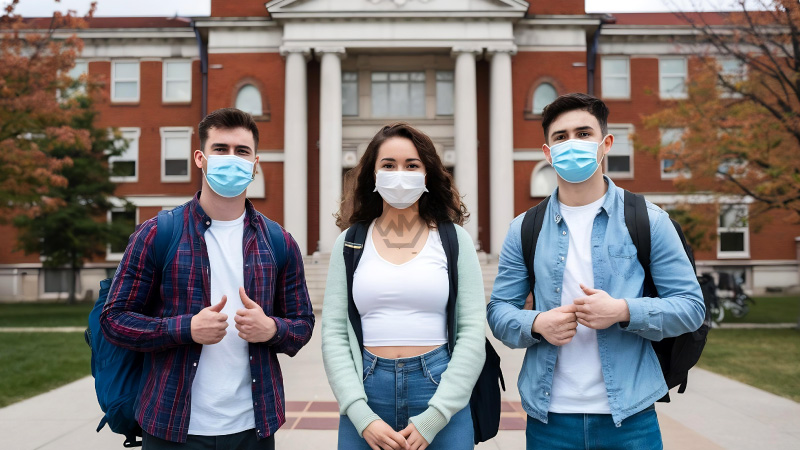- Student engagement at public universities declined during COVID-19 and hasn’t fully recovered by 2023.
- Faculty-student relationships and career preparation suffered lasting impacts.
- New political disruptions under the Trump administration pose additional threats to academic environments.
A decade-long study by the SERU Consortium reveals a sharp decline in student engagement during the COVID-19 pandemic. These effects have lasted through 2023.
Beyond the pandemic, political pressures—especially those emerging from the Trump administration—are threatening academic freedom and institutional stability.
From Pandemic to Politics: The Growing Strain on U.S. Higher Education Engagement
Between 2012 and 2019, student engagement in academics, research, extracurriculars, and career development was notably high at U.S. public universities. Seniors led in involvement. However, this trajectory was disrupted when COVID-19 hit. It triggered a steep decline in almost all forms of student engagement, particularly in research and career-related experiences.
Data from 2022–2023 show some recovery in class participation, indicating a return to interactive learning. However, time spent studying outside class and faculty-student connections remain significantly lower than before. These gaps are most concerning for students from marginalized groups, hinting at growing inequities.
The SERU study calls attention to the persistent “post-pandemic lag” and how universities must rebuild multi-dimensional engagement. On-campus jobs, peer collaboration, and faculty mentorships are crucial for student growth and career readiness. However, these areas have weakened and need revitalization.
Simultaneously, emerging political challenges—like federal overreach into curricula and threats to academic autonomy—may create a disruption comparable to the pandemic. The implications for student experience and campus climate are far-reaching. Additionally, the international standing of U.S. universities may be impacted.
As universities work to recover from the pandemic’s impact, they must also brace for a changing political climate. Proactive data-driven strategies are essential to safeguard student engagement and institutional integrity.
“Education is the most powerful weapon which you can use to change the world.” – Nelson Mandela



